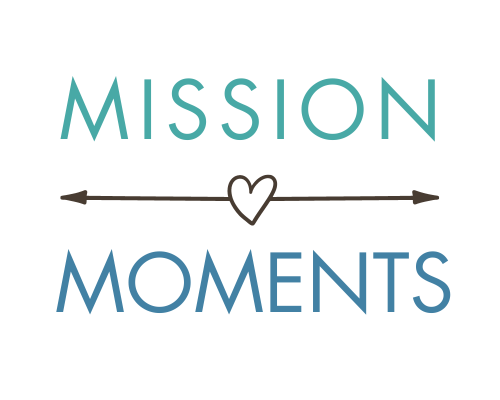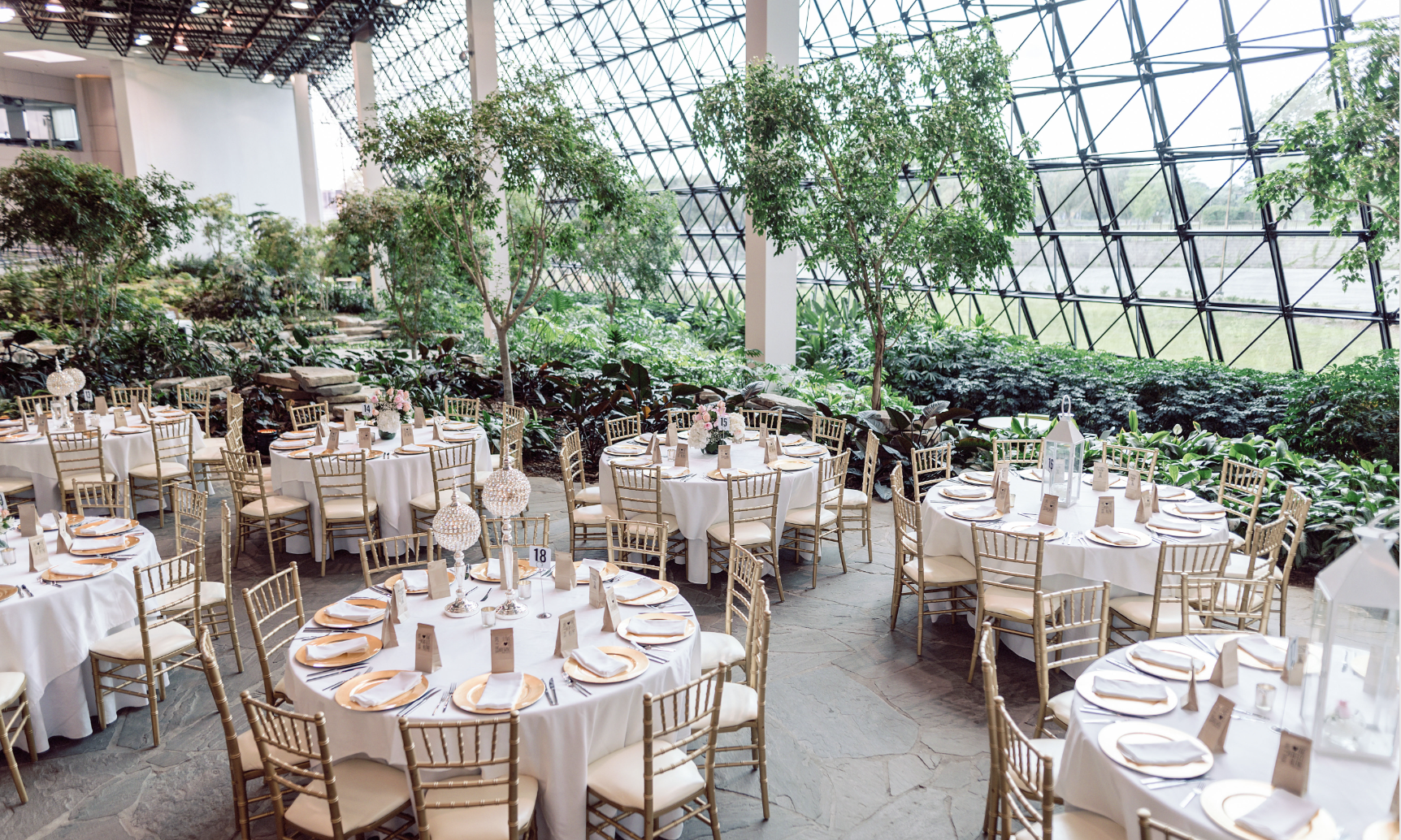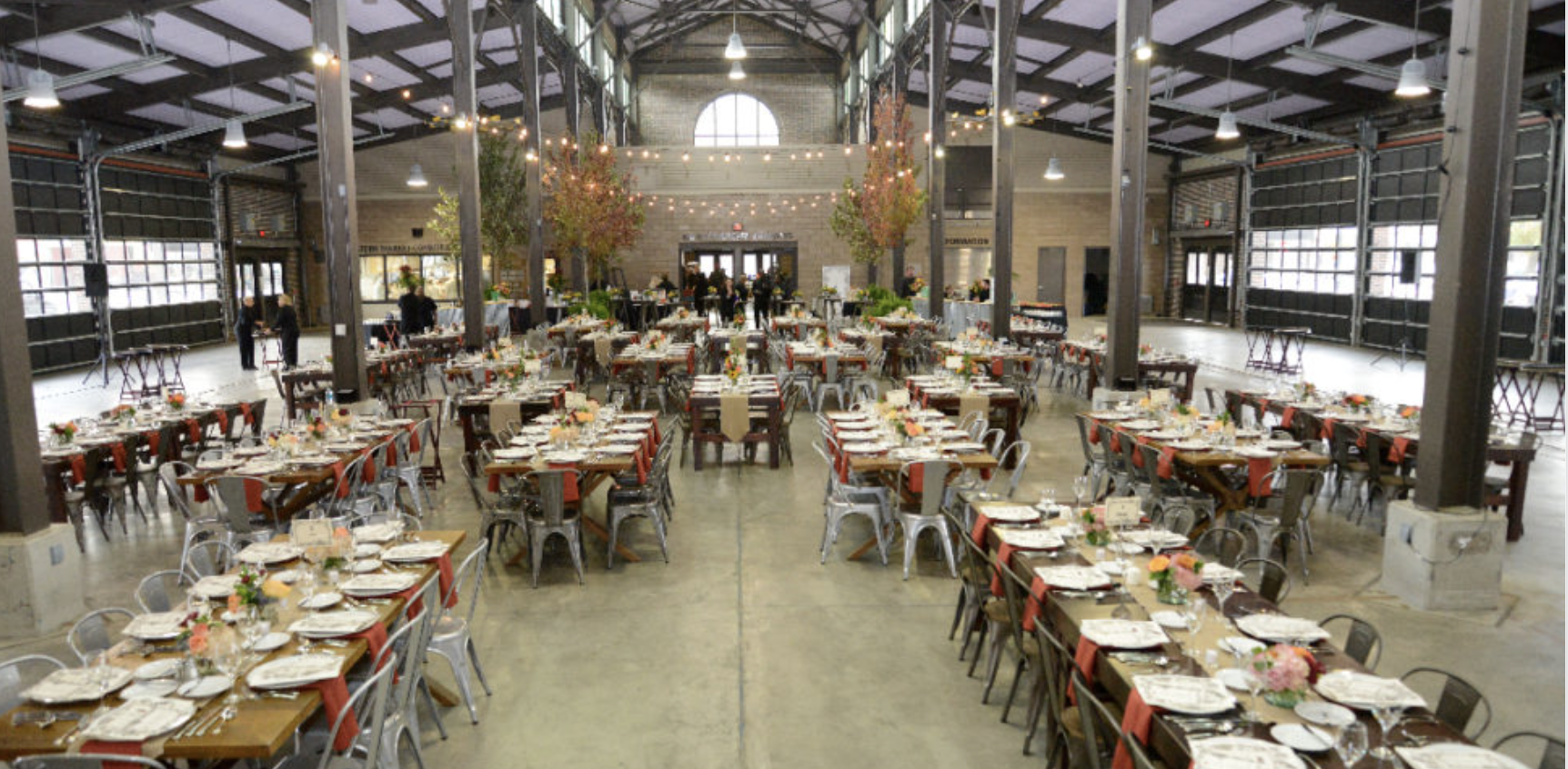Choosing the Perfect Venue for Your Fundraising Event
Organizing a successful fundraising event requires intentional planning and attention to detail. One of the key factors that can make or break your fundraising event is the choice of venue. The venue sets the tone for the entire event and plays a crucial role in achieving your goals for the event. In this blog post, we'll explore base-line considerations for selecting the perfect venue for your fundraising event.
1. Define Your Goals and Budget:
Before you start scouting venues, clearly define your fundraising goals and set a budget. Understanding your financial constraints and fundraising targets will help narrow down your venue options and ensure that you make a cost-effective decision.
Consider venue expenses like room rentals, food and beverage minimums, bar and bartender costs (ex: number of bartenders, type of liquor served, cash bar vs hosted bar, etc.), audio visual rental fees, preferred vendors (sometimes you cannot bring in outside vendors), equipment rentals (tables, chairs, etc.), linen rentals (table cloths, napkins, etc.), security fees, cleaning fees and the administrative fees (aka gratuity). This list is not exhaustive, just be sure to ask for ALL of the costs that could possibly be incurred by hosting an event at this venue so you’re not surprised later.
2. Know Your Audience:
Consider the demographics and preferences of your target audience. Are they more likely to attend an event in a formal ballroom, a trendy urban space, or a relaxed outdoor setting? Understanding your audience will guide you in selecting a venue that resonates with them and encourages attendance. Finding a “unicorn-like” space will allow you to host an event that will appeal to several generations. Getting feedback from your target audience is key!
3. Accessibility:
Choose a venue that is easily accessible for your attendees. Consider proximity to public transportation, parking facilities, and any special needs of your guests. A convenient location will increase the likelihood of a higher turnout.
Does it have on-site, free parking, valet-only parking, is it easy to get to from nearby freeways or public transportation? Don’t forget about accessibility from a disability perspective. Does the space accommodate wheelchairs easily? Can you see the screen if you’re visually impaired? Does the sound carry well to the various areas of the space for those with hearing loss?
Running venue location options by a committee or trusted donors/volunteers/board members is a great way to identify potential objections before your team starts visiting venues.
4. Capacity and Layout:
Evaluate the size of your guest list and the layout of the venue. Ensure that the space can comfortably accommodate your attendees and any additional elements such as a stage, auction tables, or entertainment. A well-thought-out floor plan can enhance the flow of the event and contribute to its success.
Consider alternative food deliveries and seating arrangements to maximize small spaces. An event does not have to have a traditional buffet with round tables seating 8-10 guests. Get creative with the layout while ensuring people are comfortable and can move around easily.
5. Amenities and Services:
Check the amenities and services offered by potential venues. Consider factors such as catering options, audio visual equipment, and event staff support. Some venues may provide all-inclusive packages that can simplify the planning process and potentially save costs.
Consider if you prefer an all-inclusive venue that handles many details for you (saves time and effort, but reduces customization options) or if you prefer to have the autonomy to create the vision you want (which can be beautiful, but time intensive).
6. Ambiance and Atmosphere:
The ambiance of the venue sets the mood for your event. Consider the style and atmosphere you want to create—whether it's a formal gala, a casual mixer, or an outdoor festival. The venue's aesthetic appeal should align with your fundraising theme and enhance the overall experience for attendees. Keep the details consistent with the vibe and feel you’re going for so guests don’t walk away confused. For example, a string quartet at a family-friendly outdoor "party” could feel out of place.
7. Flexibility:
Opt for a venue that offers flexibility in terms of dates and setup options. This can be especially crucial in case of unforeseen changes or if you need to accommodate specific event requirements. We all lived through the pandemic and many of us have experienced weather-related challenges to outdoor events. Be sure to discuss contingency plans for ALL events and resulting fees or limitations.
The venue you choose for your fundraising event plays a pivotal role in its success. By carefully considering your goals, audience, budget, and logistical needs, you can select a venue that enhances the overall experience for attendees and maximizes your fundraising potential. Remember, a well-chosen venue is not just a backdrop but a strategic partner in achieving your fundraising and event experience goals.



